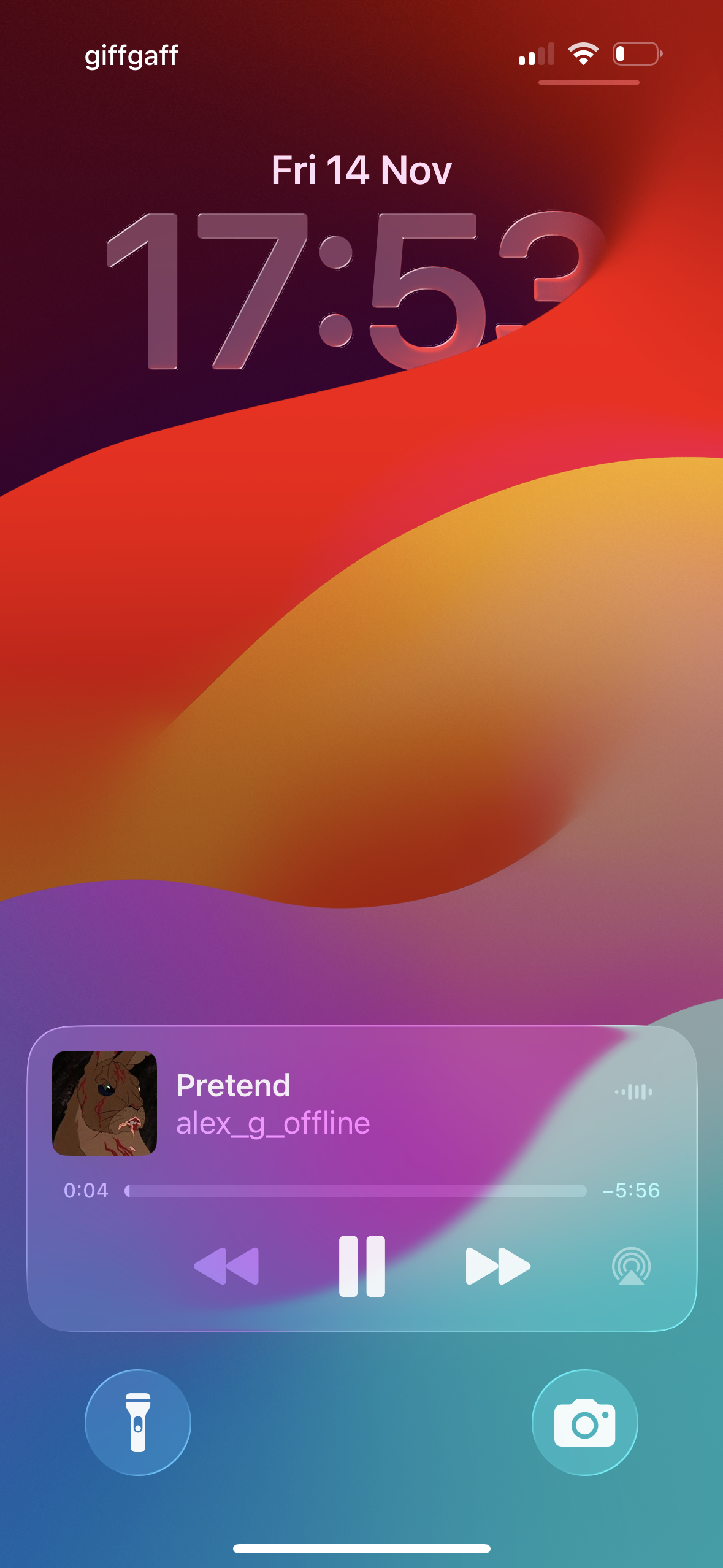Leffatssklov

em wen ,reay wen
- Joined
- Aug 24, 2025
- Posts
- 3,409
- Reputation
- 9,957
From messages to snapchat to tik tok to even this forum.
You think that notification bell is harmless?
Well Its stressing you out a shit ton.
Why?
Dopamine loop.
The notification bell is pure dopamine
Gemini’s final answer after several prompts;
1. The Release: Every time you hear a notification sound (a "ping") or feel a vibration, your brain releases a small surge of dopamine. This is the brain's "reward" and "motivation" chemical. Crucially, the release is often triggered more by the anticipation of what the notification might be—a like, a message, a news alert—rather than the content itself.
2. The Addiction Mechanism: This creates a variable reward schedule, which is highly addictive (it's the same mechanism used in slot machines). Because you don't know when the reward will come or how good it will be, your brain is motivated to keep checking.
3. The Downregulation (Desensitization): When your brain is constantly hit with these small, fast, and easy dopamine spikes, it adapts through a process called downregulation. It essentially says, "I have too much dopamine here," and can become less sensitive to it by shrinking or reducing the number of dopamine receptors.
Furthermore, leading to you needing more stimulation to feel satisfactory about something. Dopamine receptors are being desensitized.
Gemini analysis after a few prompts:
1. The Fight-or-Flight Trigger (Cortisol)
The constant "ping" or flash on your phone is interpreted by your brain as an interruption or a potential threat.
• Stress Hormone Release: Each alert can trigger the release of stress hormones, primarily cortisol. Your body cannot distinguish between a text from a friend and a genuine emergency, so it raises your heart rate and puts you on high alert.
• Hypervigilance: This leads to a state of hypervigilance, where you are constantly on edge, waiting for the next interruption. This sustained state of low-level stress is draining and is a core component of anxiety.
2. Cognitive Overload and Interruption
The stress comes not just from the notification, but from the interruption it causes:
• Switch Cost: When a notification arrives, your brain has to stop what it's doing (the primary task), notice the notification, and decide whether or not to respond. This is called "switch cost," and it drains your mental energy.
• Reduced Focus: This constant context-switching prevents you from entering a state of deep, focused work, which leads to feelings of being unproductive, overwhelmed, and frustrated.
3. The Anxiety of Uncertainty (FOMO)
The variable dopamine reward schedule (not knowing when or what the reward will be) leads directly to anxiety:
• Anticipation and Tension: The uncertainty of what the notification is—is it good news, bad news, or a work request?—creates tension.
• Fear of Missing Out (FOMO): This anxiety drives a compulsive need to check the phone, which temporarily relieves the stress but reinforces the habit, leading to a vicious cycle of check-stress-check.
In summary, the notification bell uses the addictive part of the brain (dopamine) to hook your attention, but the constant interruption and feeling of obligation it creates floods your body with stress hormones (cortisol), resulting in chronic anxiety and mental fatigue.
In summary, I think that the notification bell is worse than doomscrolling or even school.
A very good example is when your in a talking stage with a girl, Where you are in a constant state of anticipation and anxiety.
What if she doesn’t reply to me?
What if she insults me?
Maybe you ask her on a date and shes takes a while to respond.
During that period
All you can think about is:
Pls say yes pls say yes.
What if she says no.
or will she friendzone me.
You think that notification bell is harmless?
Well Its stressing you out a shit ton.
Why?
Dopamine loop.
The notification bell is pure dopamine
Gemini’s final answer after several prompts;
1. The Release: Every time you hear a notification sound (a "ping") or feel a vibration, your brain releases a small surge of dopamine. This is the brain's "reward" and "motivation" chemical. Crucially, the release is often triggered more by the anticipation of what the notification might be—a like, a message, a news alert—rather than the content itself.
2. The Addiction Mechanism: This creates a variable reward schedule, which is highly addictive (it's the same mechanism used in slot machines). Because you don't know when the reward will come or how good it will be, your brain is motivated to keep checking.
3. The Downregulation (Desensitization): When your brain is constantly hit with these small, fast, and easy dopamine spikes, it adapts through a process called downregulation. It essentially says, "I have too much dopamine here," and can become less sensitive to it by shrinking or reducing the number of dopamine receptors.
Furthermore, leading to you needing more stimulation to feel satisfactory about something. Dopamine receptors are being desensitized.
Gemini analysis after a few prompts:
1. The Fight-or-Flight Trigger (Cortisol)
The constant "ping" or flash on your phone is interpreted by your brain as an interruption or a potential threat.
• Stress Hormone Release: Each alert can trigger the release of stress hormones, primarily cortisol. Your body cannot distinguish between a text from a friend and a genuine emergency, so it raises your heart rate and puts you on high alert.
• Hypervigilance: This leads to a state of hypervigilance, where you are constantly on edge, waiting for the next interruption. This sustained state of low-level stress is draining and is a core component of anxiety.
2. Cognitive Overload and Interruption
The stress comes not just from the notification, but from the interruption it causes:
• Switch Cost: When a notification arrives, your brain has to stop what it's doing (the primary task), notice the notification, and decide whether or not to respond. This is called "switch cost," and it drains your mental energy.
• Reduced Focus: This constant context-switching prevents you from entering a state of deep, focused work, which leads to feelings of being unproductive, overwhelmed, and frustrated.
3. The Anxiety of Uncertainty (FOMO)
The variable dopamine reward schedule (not knowing when or what the reward will be) leads directly to anxiety:
• Anticipation and Tension: The uncertainty of what the notification is—is it good news, bad news, or a work request?—creates tension.
• Fear of Missing Out (FOMO): This anxiety drives a compulsive need to check the phone, which temporarily relieves the stress but reinforces the habit, leading to a vicious cycle of check-stress-check.
In summary, the notification bell uses the addictive part of the brain (dopamine) to hook your attention, but the constant interruption and feeling of obligation it creates floods your body with stress hormones (cortisol), resulting in chronic anxiety and mental fatigue.
In summary, I think that the notification bell is worse than doomscrolling or even school.
A very good example is when your in a talking stage with a girl, Where you are in a constant state of anticipation and anxiety.
What if she doesn’t reply to me?
What if she insults me?
Maybe you ask her on a date and shes takes a while to respond.
During that period
All you can think about is:
Pls say yes pls say yes.
What if she says no.
or will she friendzone me.



